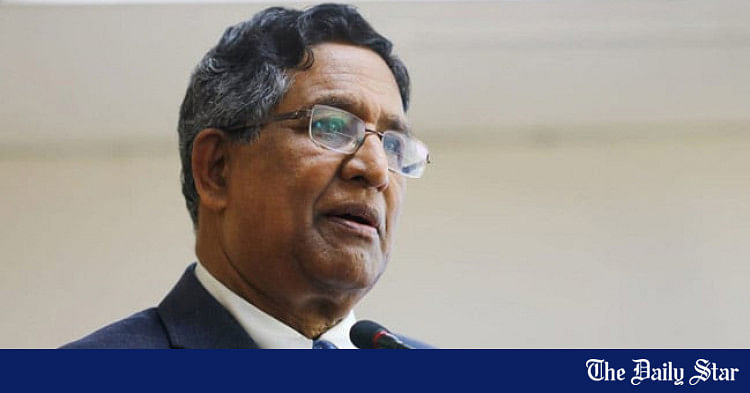In the intricate world of sports, the transition from athlete to administrator is a tale as old as time itself, yet each such move brings its own unique flavor of ambition and aspiration. This narrative currently unfolds in Bangladesh cricket, as former national left-arm spinner, Abdur Razzak, has officially stepped down from his role as a national selector to throw his hat into the ring for the upcoming Bangladesh Cricket Board (BCB) elections.
A New Chapter for a Cricketing Veteran
Abdur Razzak, a name synonymous with left-arm spin in Bangladesh cricket, confirmed his resignation from the selector`s panel, a post he assumed in January 2021. His decision is not merely a change of roles but a strategic move into the administrative heart of the nation`s beloved sport. Razzak has submitted his nomination paper from Category 1, eyeing a directorship that would allow him to represent the Khulna Division in the BCB boardroom.
“I have served this nation as a player and a selector and now want to take the new challenge that lies ahead by joining the board of directors if elected,” Razzak stated, articulating a clear vision for his future involvement in Bangladesh cricket. It`s a testament to the enduring desire of many former players to continue contributing, albeit from a different vantage point – one where strategic decisions replace tactical field placements.
The Democratic Dance of Cricket Governance
The BCB elections, slated for October 6, represent a significant democratic exercise within the national cricketing body. This intricate process will see 25 directors elected, forming the backbone of the board. These directors are drawn from various streams:
- 12 from clubs: The grassroots powerhouses of Dhaka-based cricket.
- 10 from divisions and districts: Ensuring regional representation.
- 2 nominated by the National Sports Council (NSC): Government oversight and input.
- 1 from other organizations: Broadening the administrative base.
These elected directors will then collectively choose the BCB president, a position of considerable influence and responsibility in shaping the future trajectory of Bangladesh cricket.
Navigating the Electoral Labyrinth
The path to the BCB directorship is not without its bureaucratic hurdles, a characteristic often observed in large organizational elections. The Election Commission of BCB recently unveiled the final voter list, comprising 191 councillors, after a series of deliberations and adjustments.
Notably, the final list saw the inclusion of 15 Dhaka-based clubs that had previously been under investigation by the Anti-Corruption Commission (ACC) for alleged irregularities. The Election Commissioner clarified that their councillorships were reinstated as they had not yet been formally convicted, a pragmatic approach to electoral inclusion, perhaps. Similarly, five districts—Sylhet, Bogura, Pabna, Sirajganj, and Naogaon—also had their councillorships granted, though the slot for Narsingdi district remains vacant. Even former BCB president Faruque Ahmed secured his place on the list, his explanation for late submission deemed satisfactory.
Prior to this finalization, the EC diligently conducted hearings on 38 objections submitted regarding the draft voter list, underscoring the meticulous, if sometimes ponderous, nature of such administrative proceedings. For those accustomed to the straightforward outcomes of a cricket match, the intricacies of voter lists and objections might seem a rather unique form of competitive sport.
What Lies Ahead for Bangladesh Cricket?
Abdur Razzak’s candidacy is more than just a personal ambition; it symbolizes a broader trend where former players seek to leverage their on-field experience for off-field impact. His journey from the 22 yards to the administrative desks of the BCB is a narrative to watch. The nomination forms were distributed on September 27 and submitted on September 28, setting the stage for the definitive vote on October 6.
As the elections draw closer, the cricketing fraternity will be observing keenly. Will Razzak`s deep understanding of the game from a player`s perspective translate into effective administrative strategies? Will his voice add value to the complex decisions that govern Bangladesh cricket? Only time, and the upcoming election results, will tell. But one thing is certain: the administrative landscape of Bangladesh cricket is gearing up for an interesting and impactful period.

